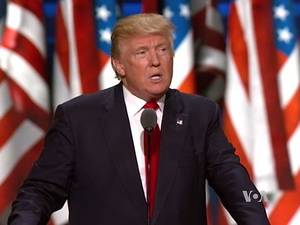You know what it looks like… but what is it called?
TAKE THE QUIZTrending: ‘pragmatic’
Lookups spiked 2,700% on June 16, 2021
The Geneva meeting between President Biden and President Vladimir Putin was the focus of much international interest and attention on June 16, 2021. The event itself was short and low-key, with a focus on conventional diplomacy and policy discussions without drama or fireworks.
Putin himself used the word pragmatic to describe the meeting.
"Pragmatic" Biden-Putin summit agrees to resume arms talks, return envoys
— (headline), AMNY (amny.com), 16 June 2021
Pragmatic is defined as:
: relating to matters of fact or practical affairs often to the exclusion of intellectual or artistic matters : practical as opposed to idealistic
Pragmatic came to English from the French word pragmatique, itself derived from the Latin word pragmaticus, meaning "skilled in law or business." The ultimate Greek root, pragmatikos, comes from the word meaning "deed," or "affair."
Pragmatic was initially used in English in the phrase pragmatic sanction, denoting a kind of official, governmental, or royal decree (and pragmatic meaning something closer to "official" than "practical").
It then came to mean "meddlesome" or "conceited," both uses now obsolete in English, but Noah Webster's 1828 definition gives a good description of this use:
impertinently busy or officious in the concerns of others, without leave or invitation
Our modern use of pragmatic as a synonym of "practical" is surprisingly modern, dating back only to the mid-1800s.
Trend Watch is a data-driven report on words people are looking up at much higher search rates than normal. While most trends can be traced back to the news or popular culture, our focus is on the lookup data rather than the events themselves.








